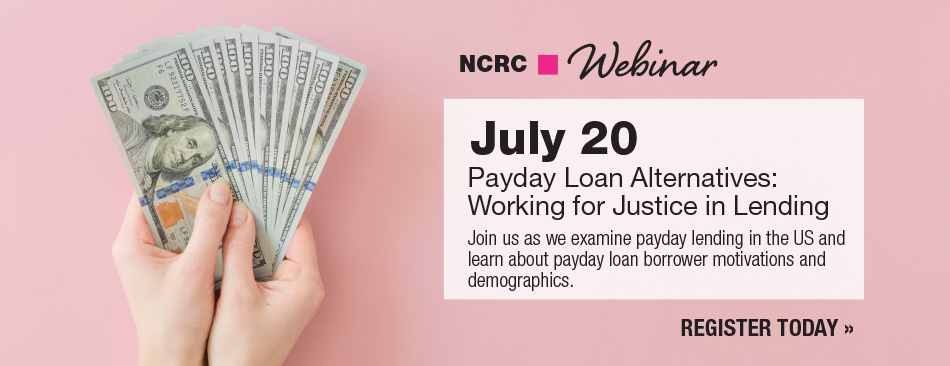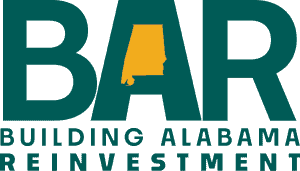
Payday Loan Alternatives: Working for Justice in Lending
Payday loans, also known as deferred presentment loans, are small-dollar credit products that are secured by a claim to the borrower’s bank account with a post-dated check or electronic debit authorization and are due in full on the borrower’s next “payday”. Consumers can obtain payday loans at more than 23,000 storefronts and websites across the United States.
Payday loans are often a controversial form of credit because the annual percentage rates are so high and because of the debt trap they represent. As payday loans evolve, payday and other small-dollar lenders are pushing legislators in various states to permit even more unaffordable high-cost loans that will plummet borrowers into larger and deeper debt traps. Advocates for financial wellness need to anticipate and prepare for these efforts well before bills are introduced and the lobbying begins.
Join Sue from NCRC as we examine payday lending in the US:
- Payday loan borrower motivations and demographics.
- How state regulation affects payday loan usage.
- Featured findings from a report by The Pew Charitable Trust on payday lending.
- Successful efforts across the country to combat payday lending:
- Developing payday loan alternatives.
- Using story gathering and coalition building.
- Policy briefs, reports, polls, and other educational efforts to fight predatory lending.
Together we can be the difference, helping people move from financial struggles to financial success!

